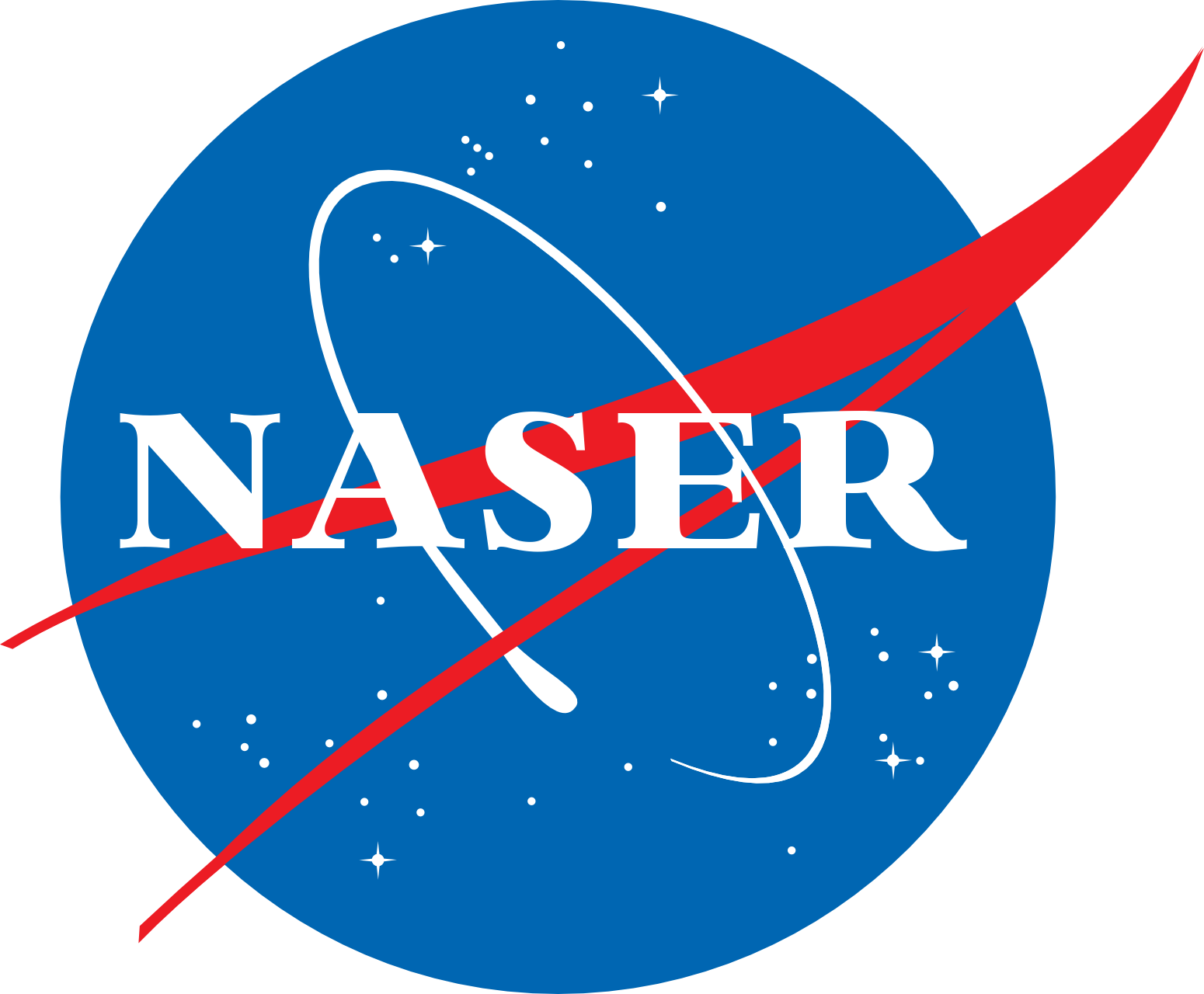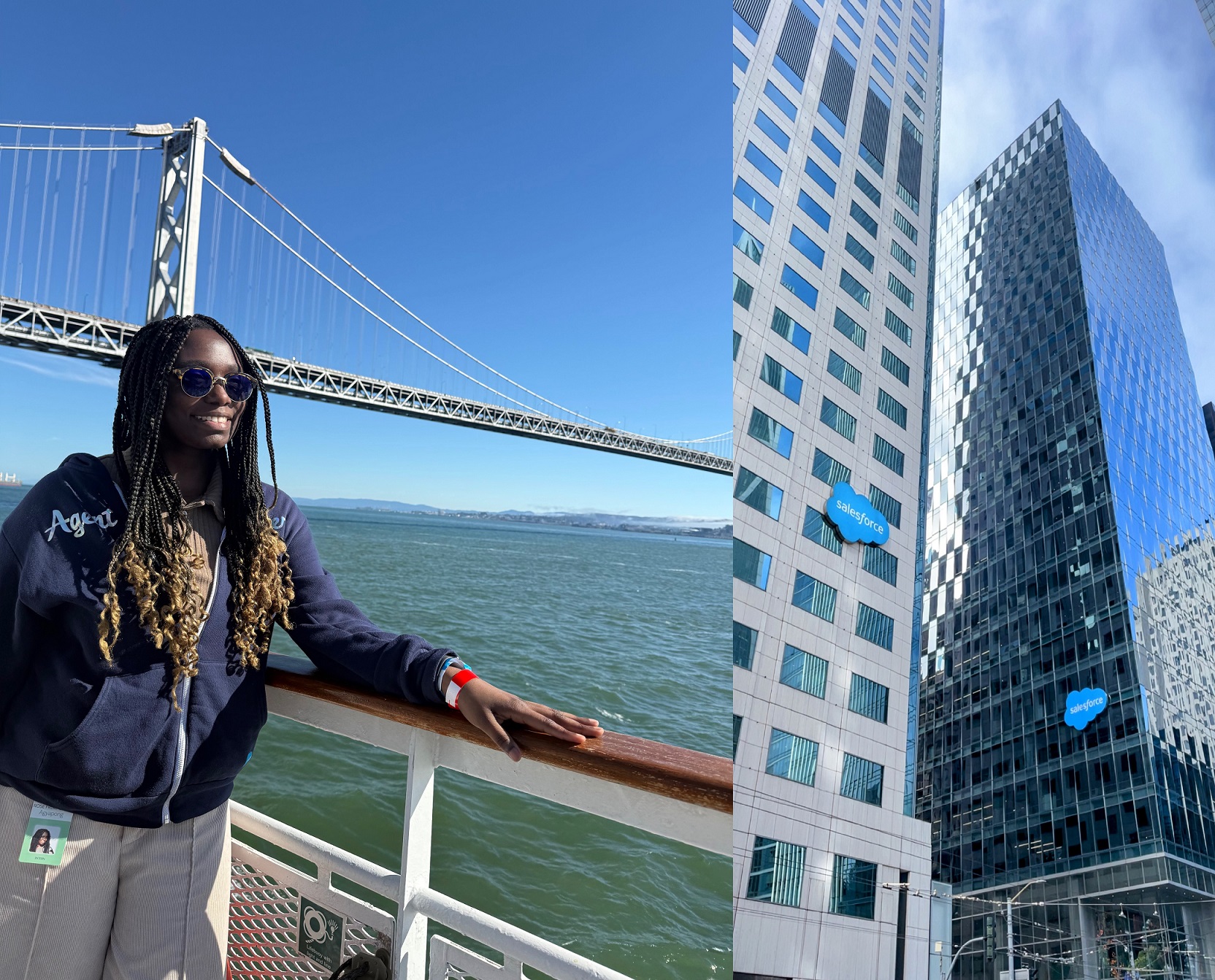Behind the Scenes: A Day in the Life of Product Manager Luhang Sun '22
Written on July 22nd , 2023 by Naser
Photo by Luhang Sun ‘22
This post is part of a student spotlight series highlighting the work of exceptional students. The series aims to facilitate knowledge sharing among students on topics such as internships, jobs, and graduate school. Today, I have the pleasure of talking to Luhang Sun ‘22, who will tell us about her experience as a product manager in the Bay Area and a Colby alumna.
Naser: What is it like being a product manager? What does a typical day look like?
Luhang: The role of a product manager can vary across companies. In most cases we work closely with engineers in the software development life cycle, but each company might have its own organizational structure and allocation of product managers to engineers, which also affects the distribution of responsibilities between the two teams. In my position, I’m responsible for conducting research on new product feature requests with limited information, making decisions on functionalities that are worth pursuing, and closely working with product designers and engineers through the design and implementation of the feature.
A typical day at work involves multi-tasking and navigating between researching new features, gathering user feedback, meetings, and feature release tasks. The specific tasks depend on the stage of the features assigned to me.
Naser: How did you find this position and can you tell us about the way you prepared for the job interview? And how early did you start?
Luhang: I found this position through a Colby alum, who I reached out to to learn more about the company. After that it was the conventional process of preparing a list of behavioral questions, which I started compiling when I started applying for internships in prior years, as well as some product-related questions such as “What’s your favorite product?”
I started recruiting for a full-time job at the start of my senior fall (it was definitely a 5th class!).
Naser: What tips would you give students interested in being product managers in the future? You can mention any details that you like, including websites and other resources.
Luhang: As I mentioned above, a product role can be flexible across different companies, and I think it’s important to understand the key responsibilities of the product role at the company you are applying to, either by searching the internet or talking to people in the field.
On a more granular level and for interview preparation, I think it was helpful to type out some examples from previous internships experience or classwork using the STAR method to prepare for behavioral interviews. I found that many of the behavioral questions I encountered differed from the ones I had specifically prepared for, and having solid examples to back up my answers boosted my confidence during the interview. Cracking the PM Interview is also a great resource.
Naser: How do you like working in the Bay Area?
Luhang: It has been a significant change to move from a college dorm at Colby to living independently in a city. I’ve been fortunate to meet people from both tech and non-tech backgrounds and exchanged a lot of ideas and inspirations. The Bay Area also has a lot of opportunities to offer in both tech and non-tech fields.
I also appreciate the weather (70°F summer, 40°F winter) in the Bay Area, its nature, and the opportunity to stay active all year round.
Naser: Finally, do you have any words of encouragement to students who are not sure if they can make it in the competitive world of tech?
Luhang: I want to note that being a CS major/minor at Colby provides you with the flexibility to pursue a career in both product management and software engineering (among many more others!). It’s helpful to research the different career paths, their respective job responsibilities, and the day-to-day work if you can by reaching out to alumni who work in these fields, and compare these insights with your strengths and preferences to make an informed decision about which path aligns best with your aspirations.
Naser: Thank you for sharing your experience Luhang, and good luck to you in your position.
Luhang: Thank you!


